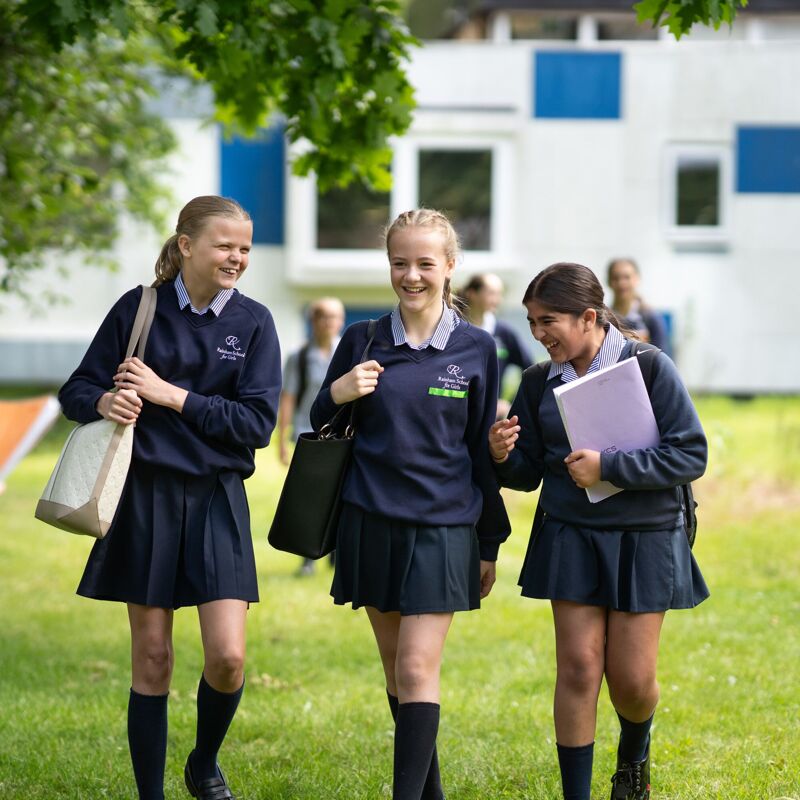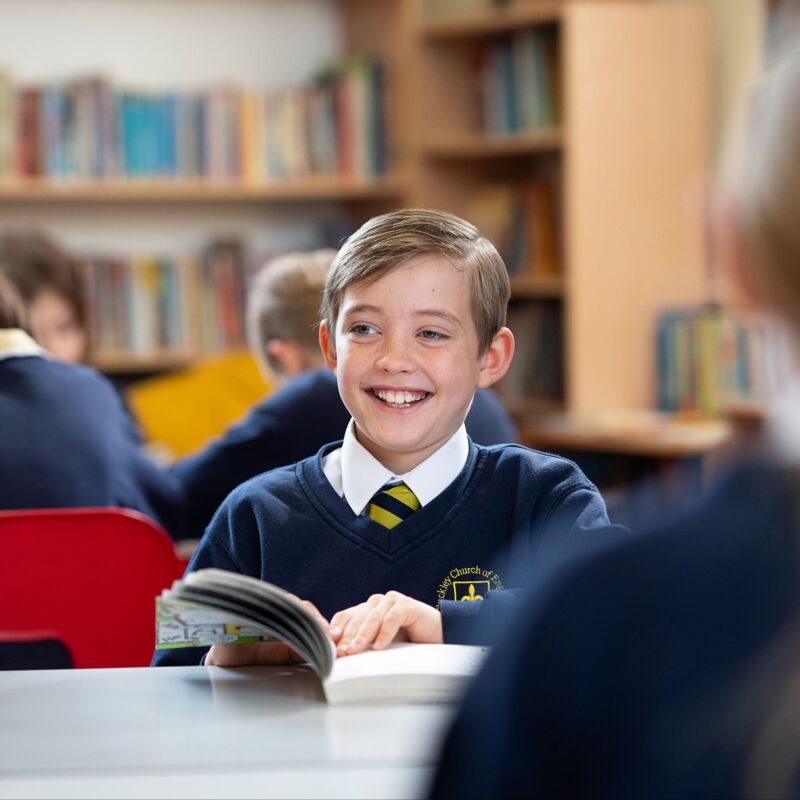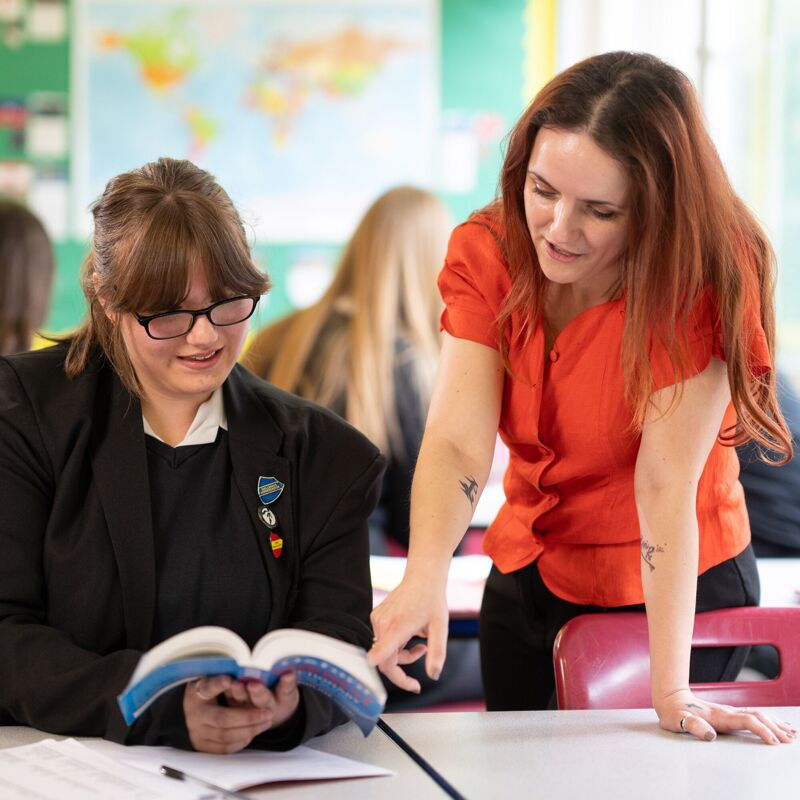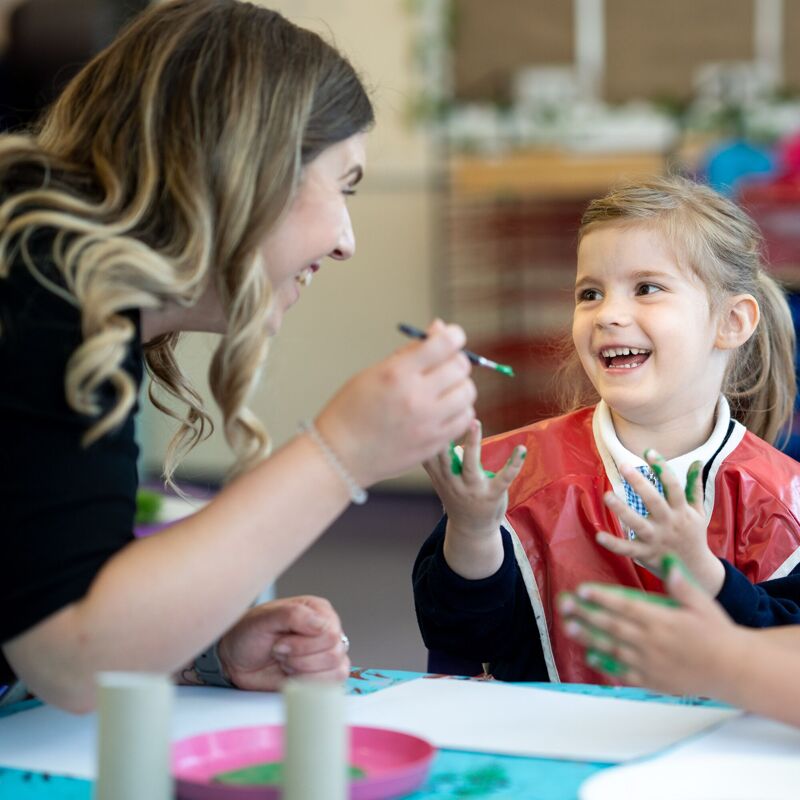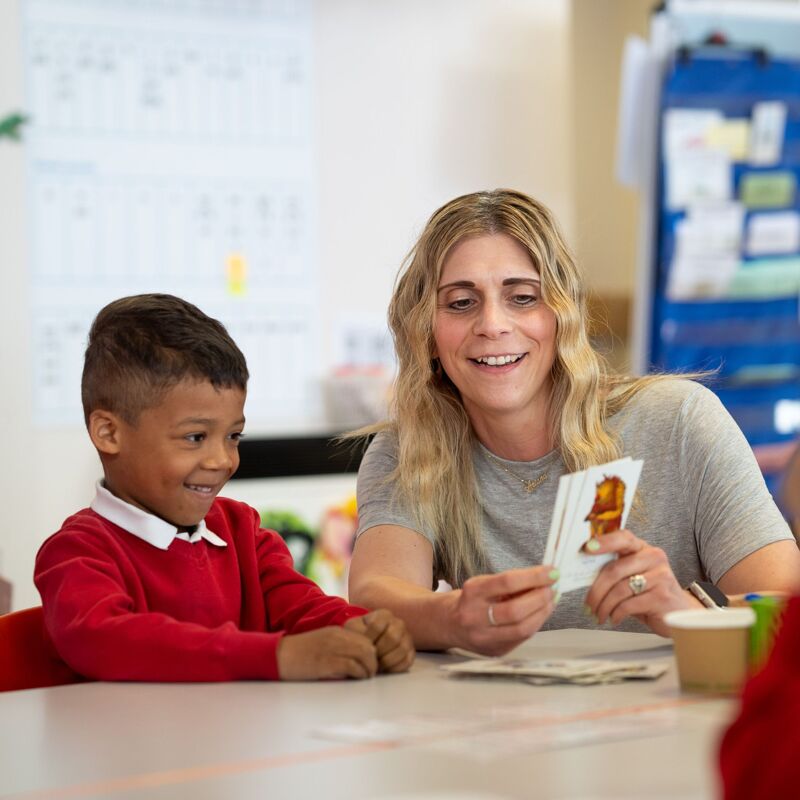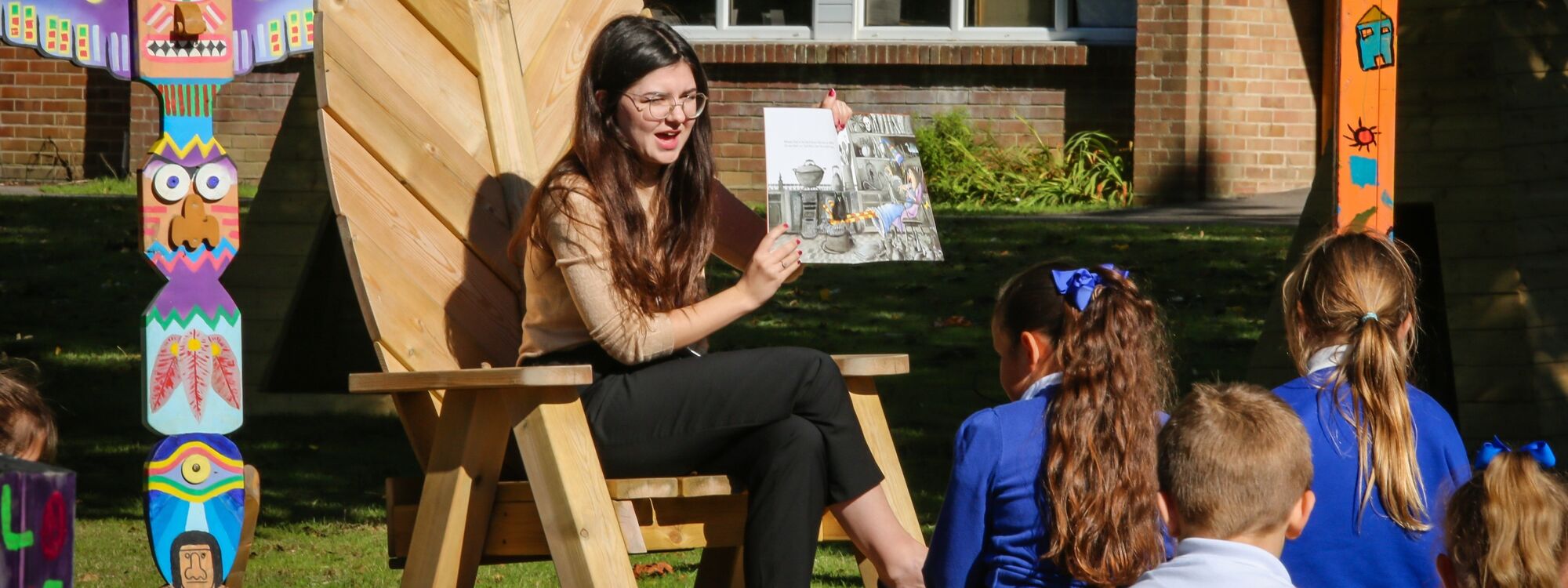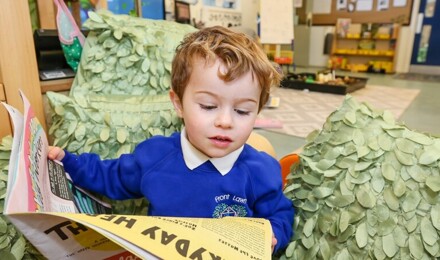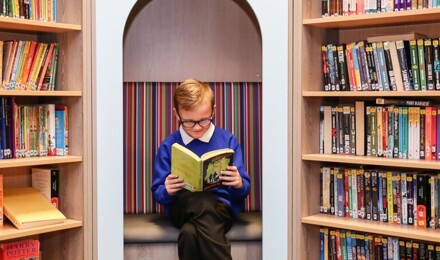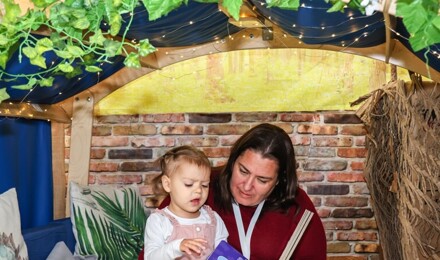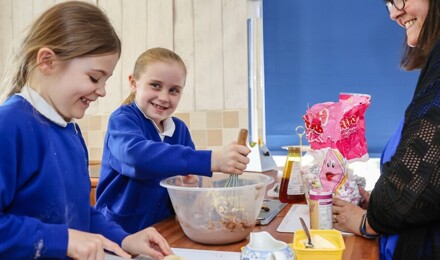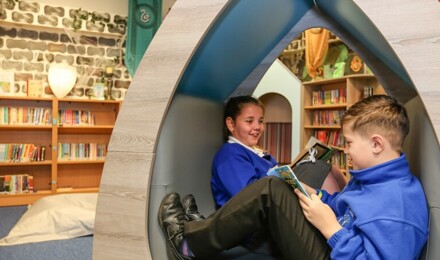Reading
At Front Lawn Primary, we have a whole class approach to reading. We aim to ensure that children become analytical readers, have an awareness of authorial intent and can justify and explain their own opinions.
We believe that the best way to develop comprehension skills is through pupils’ high-quality discussion with the teacher, as well as from reading and discussing a range of stories, poems and nonfiction. With the National Curriculum split into three key areas: Reading for Pleasure, Vocabulary Development and Oral Comprehension, a whole class approach to reading will enable children to develop their skills within each of these. The new DFE framework for reading also stresses the importance of teaching language comprehension alongside word recognition so that 'learning to read should be a right for all children regardless of their circumstances.' Every child will be given the opportunity to read aloud, listen to a text read to them by a teacher (an expert) and develop their ability to be able to discuss what they have heard in a constructive way. Unfamiliar vocabulary will be explored and explained in a systematic and consistent way, ensuring a breadth and depth to their reading as well as enhancing their enjoyment.
Discussion about high quality literature is expected from the beginning of their school life at Front Lawn and the quality of their contribution to these discussions and the evaluations that proceed will develop throughout their time with us, with teachers ensuring that this is always to a high standard. We expect our staff to model high expectations of discussion, an enjoyment and pleasure in reading and a desire to learn and experiment with new and unfamiliar vocabulary.
EYFS
Development Matters states ‘It is crucial for children to develop a life-long love of reading. Reading consists of two dimensions: language comprehension and word reading. Language comprehension (necessary for both reading and writing) starts from birth. It only develops when adults talk with children about the world around them and the books (stories and non-fiction) they read with them, and enjoy rhymes, poems and songs together.’ Through a whole class reading approach, children will be exposed to a range of texts therefore expanding their vocabulary and enabling them to take part in rich discussion.
KS1
Throughout KS1, children will continue to hear and discuss high quality texts. Teachers will model fluency and line by line reading ensuring that children can hear the correct prosody, use of punctuation and read for meaning. As children progress through KS1 they are taught how to answer retrieval questions, find evidence in images and simple text and to begin justifying their thoughts and opinions around a text.
KS2
Across Year 3 to Year 6, whole class reading becomes fully embedded. Children are continually exposed to high quality literature, have the opportunity to develop their fluency and are encouraged to explore their skills in thinking aloud and internally whilst reading. In order to become more analytical, written responses to evidence-based questions and book talk are modelled and analysed before children apply this process independently to their own responses to texts.
During whole class reading lessons, children will be taught several different aspects of reading including: vocabulary, prior knowledge, whole class discussion, fluency and explicit teaching of comprehension strategies.
Vocabulary
In order to fully comprehend a text, children need to have a secure understanding of at least 95% of the vocabulary within it. Every lesson will include a consistent approach to teaching vocabulary across the school with teachers following a script to ensure children can understand unfamiliar words within the lesson’s text. Retrieval activities based around the work by Isobel Beck and other research are also planned to ensure children use their knowledge of learnt vocabulary throughout the unit. It is also expected that teachers will model how to use any unfamiliar words during shared writing consequently making the link between reading and writing explicit.
Prior Knowledge
Accessing children’s prior knowledge or giving children the prior knowledge needed to understand a text is paramount in developing children as readers. Without this, children will struggle to make connections and understand the context in which characters and stories are set. When introducing a new text, fiction or nonfiction, teachers will provide the background information needed for children to be able to fully comprehend.
Whole class discussion
C Warner states that, ‘If we learn to decode through reading, we learn to comprehend through talk.’ Therefore book talk is essential to ensure that our children take part in open discussions about high quality, worthwhile texts; subsequently developing their ability to read critically and deepen their understanding and therefore appreciation. Children are encouraged to build and challenge their peer’s ideas, using evidence from the text to support their opinions. This is also an opportunity for children to explore and justify their opinions, make connections, summarise, ask questions and make predictions.
Fluency
Fluency is defined as the speed at which a reader can decode a text (DFE) however at Front Lawn we feel it is more than just this. The fluency lessons enable children to hear an expert model correct prosody, accuracy and automaticity. Children learn how to echo and choral read, rehearse text with a partner and then use their fluency to aid their comprehension.
Silent and sustained reading
In addition to whole class reading, there are also daily opportunities for children to read independently. Children have a text that is decodable as well as a book that they have chosen for their own interests. In their timetable, teachers ensure this time is protected as it is essential that children are able to apply the reading tools taught to them during whole class reading independently. During this time, teachers listen to children read and record their progress on independent assessment records and set targets to help that child progress.
Reading for pleasure
At Front Lawn Primary reading for pleasure is an integral part of our timetable. Teachers regularly read and share stories with the children - these can come from the teacher’s own library, the school library, the reading spine or their dazzle library. Children are encouraged to read at any available time - this could be from the reading sheds situated in the playgrounds and outside entrances, reading comics and various different books during breakfast club, reading in the exciting and stimulating libraries or using their loyalty cards earnt from reading at home to choose a book from the vending machine.
